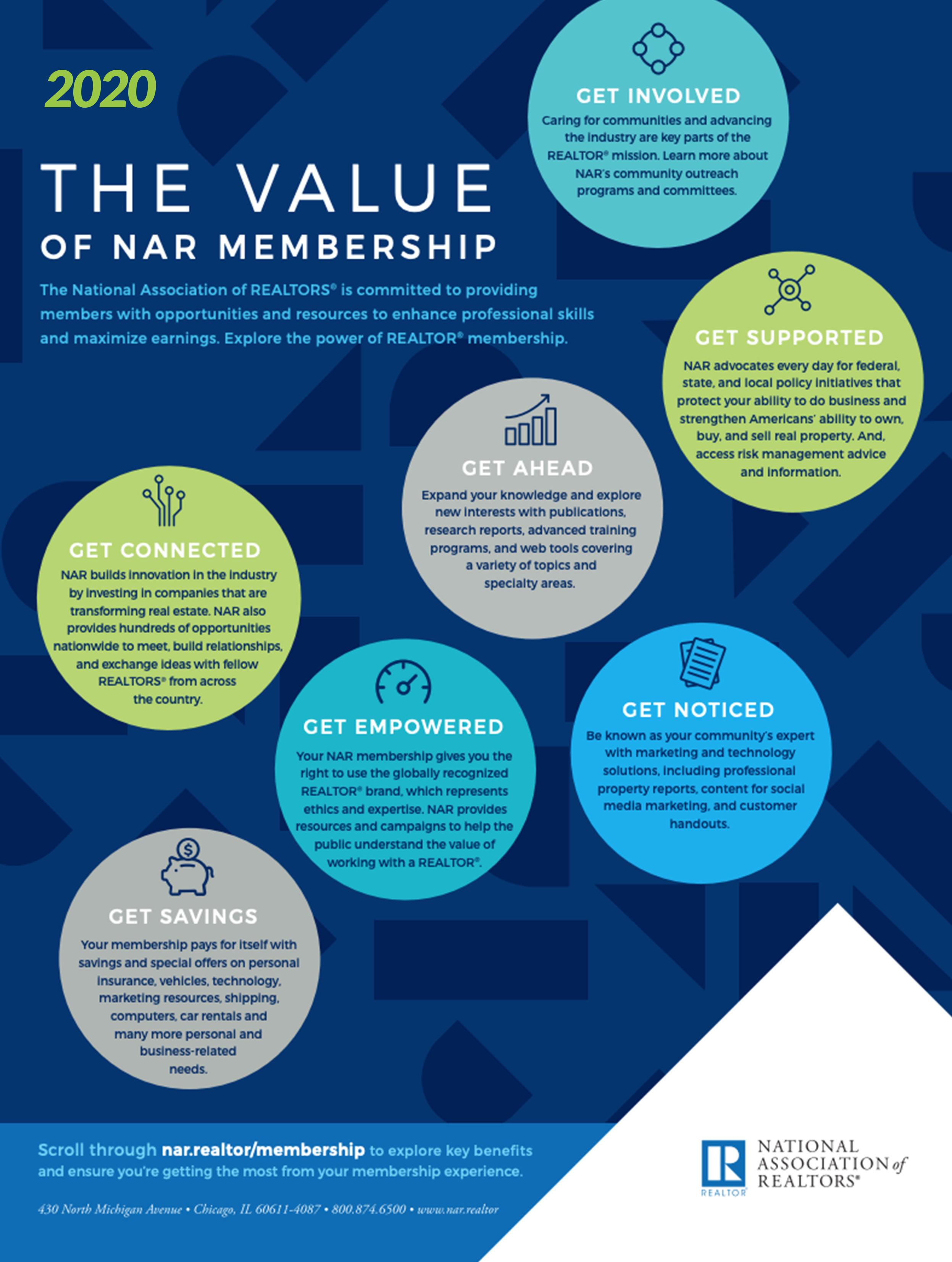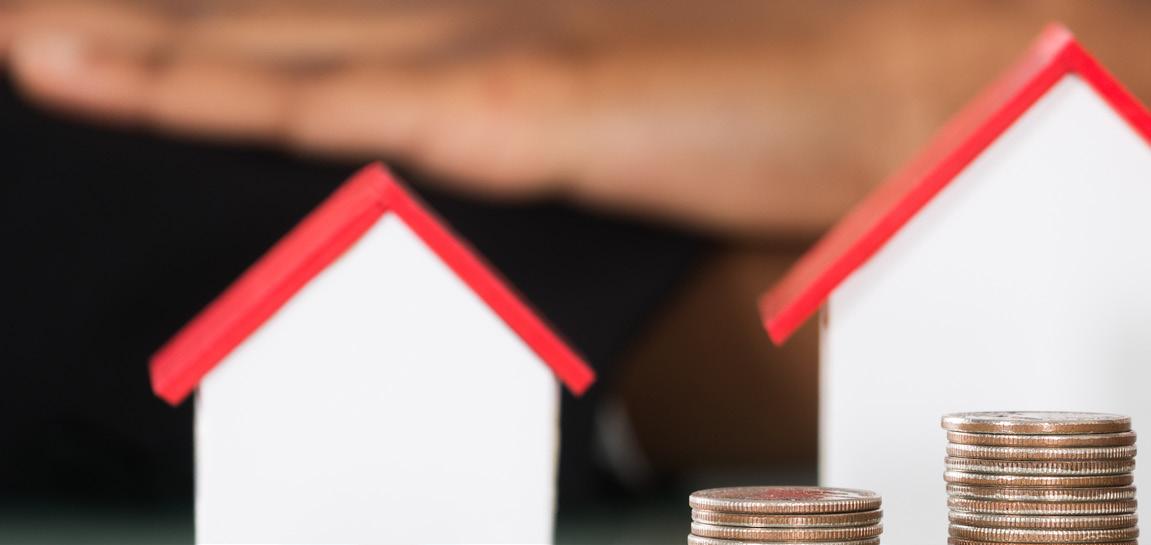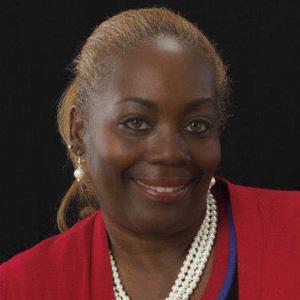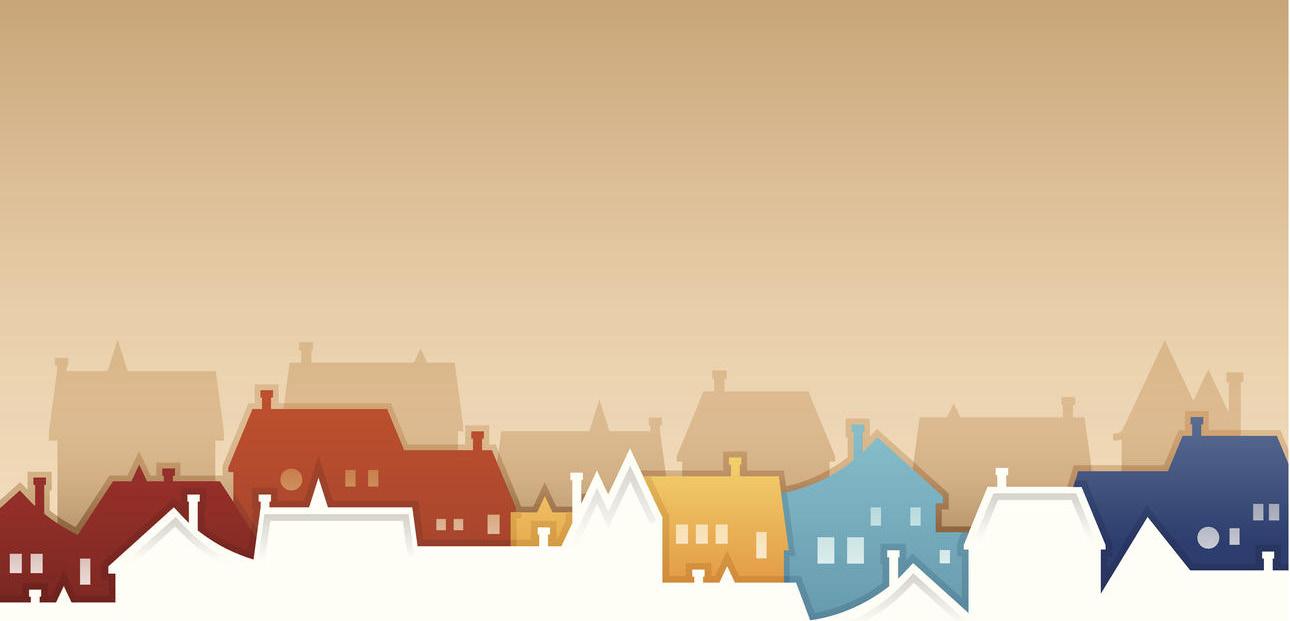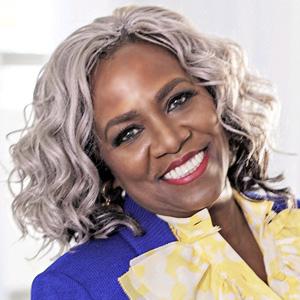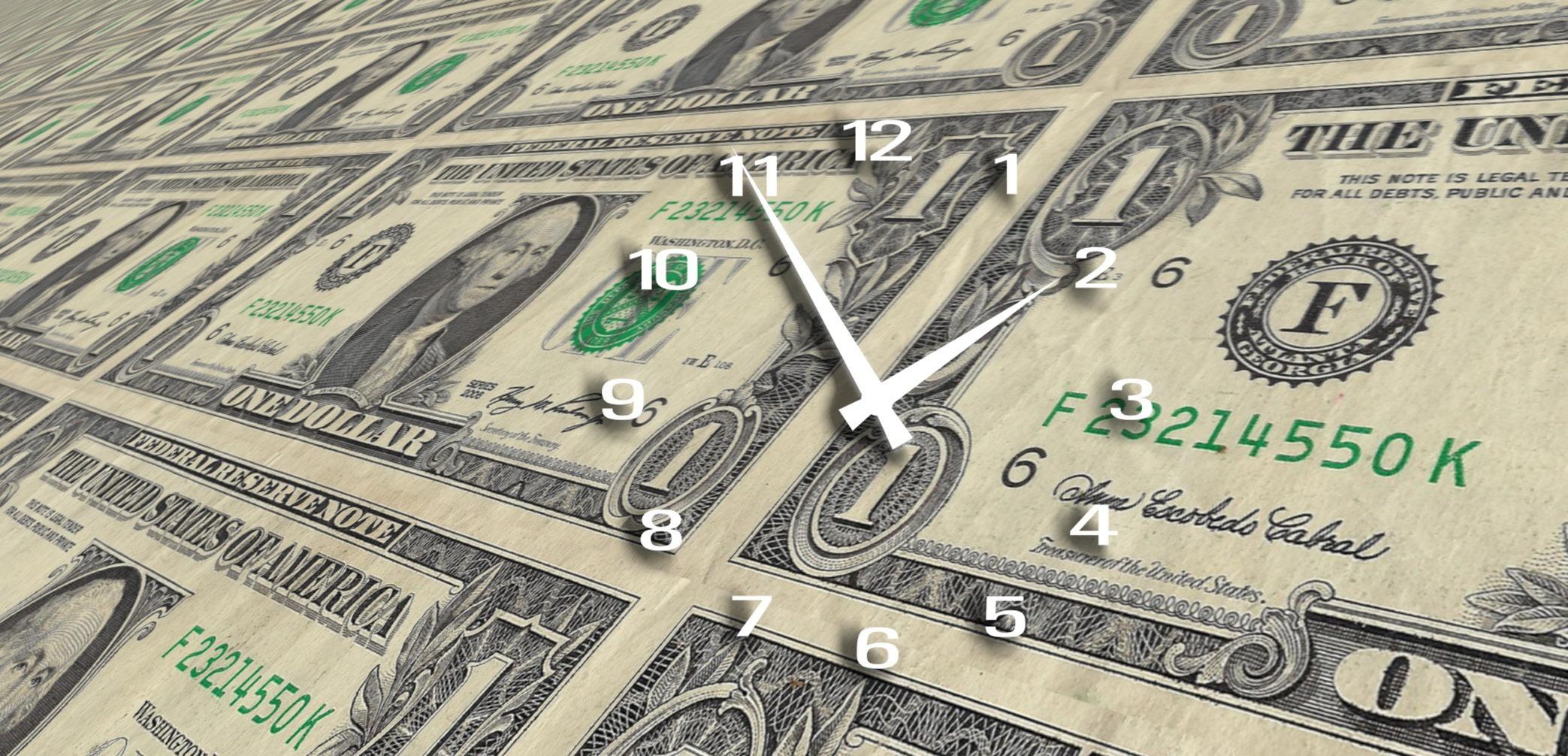
8 minute read
Covid-19: Just How close are we to a
COVID-19: JUST HOW CLOSE ARE WE TO A VACCINE?
This is the question on the lips of almost every individual of the seven billion people on planet earth. The question of how close we’re to a vaccine is of great importance to everyone worldwide. From business people, teachers, pupils, restaurant owners, construction workers, to every individual who feels ripped off their freedom of association and movement.
The work of developing a COVID-19 vaccine began in January in various research centers and institutions. As early as March, rumors of the unveiling of a possibly effective COVID-19 vaccine had already started emerging, with UK Boris Johnson stating they “would turn the tide in 12 weeks and send the coronavirus packing.” Elsewhere, different organizations and drug manufacturers were boasting of having a vaccine by September. However, as of now, no COVID-19 vaccine is actually ready. Not that those who were boasting of having a vaccine by September were wrong, but the process of making a vaccine is not a walk in the park. The process is quite complex and has a lot of formalities.
Vaccines require years of thorough research and testing before being approved for distribution to health centers. However, in this case, scientists are racing to come up with a safe and effective COVID-19 vaccine by 2021.
WHERE ARE WE WITH THE VACCINES?
According to The New York Times Coronavirus Vaccine Tracker, researchers are were testing 54 vaccines in clinical trials on humans, while at least 87 preclinical vaccines were under active investigation in animals, as of November 18, 2020. The vaccine tracker further reveals the progress in developing the vaccine among various companies. On November 13, 2020, a vaccine from OncoSec Immunotherapies enters Phase 1, which involves safety trials. At this phase, researchers try the vaccine on a small number of people to test its safety and dosage and confirm if it stimulates the immune system.
On November 16, 2020, a vaccine from Inovio proceeds from Phase 1 to Phase 2. Phase 2 involves expanded trials, where scientists give the vaccine to hundreds of people divided into groups, such as children and older people, to determine if the vaccine reacts differently in them.
On November 16, Moderna reports promising early results. The company announced that its vaccine has shown to be 94.5% effective. From their trials, of 95 participants who had COVID-19, 90 had the placebo, and only five had the vaccine. Earlier on, Moderna found out that the vaccine protects monkeys from COVID-19. Moreover, Moderna found another promising result from the vaccine that it appears to protect people from severe disease. Out of 11 who developed severe disease, none were vaccinated. Moderna plans to submit an application for an Emergency Use Authorization in the coming weeks.
More recently, on November 18, 2020, Pfizer announces that its coronavirus vaccine is 95% effective. Pfizer, who are working with BioNTech, have two versions of mRNA vaccine. On undergoing trials, they found out that both versions caused volunteers to produce antibodies against SARSCoV-2 and immune cells known as T cells that respond to the virus.
All the companies that have reported a possible breakthrough in their vaccines have already started inking hefty deals from countries across the world. So far, there are strong signs of a possible breakthrough of more than one coronavirus vaccines by the end of the year. Meanwhile, let’s keep the hopes high without forgetting to observe the correct safety measures to keep ourselves safe.
Work cited.
https://www.nytimes.com/interactive/2020/science/ coronavirus-vaccine-tracker.html.
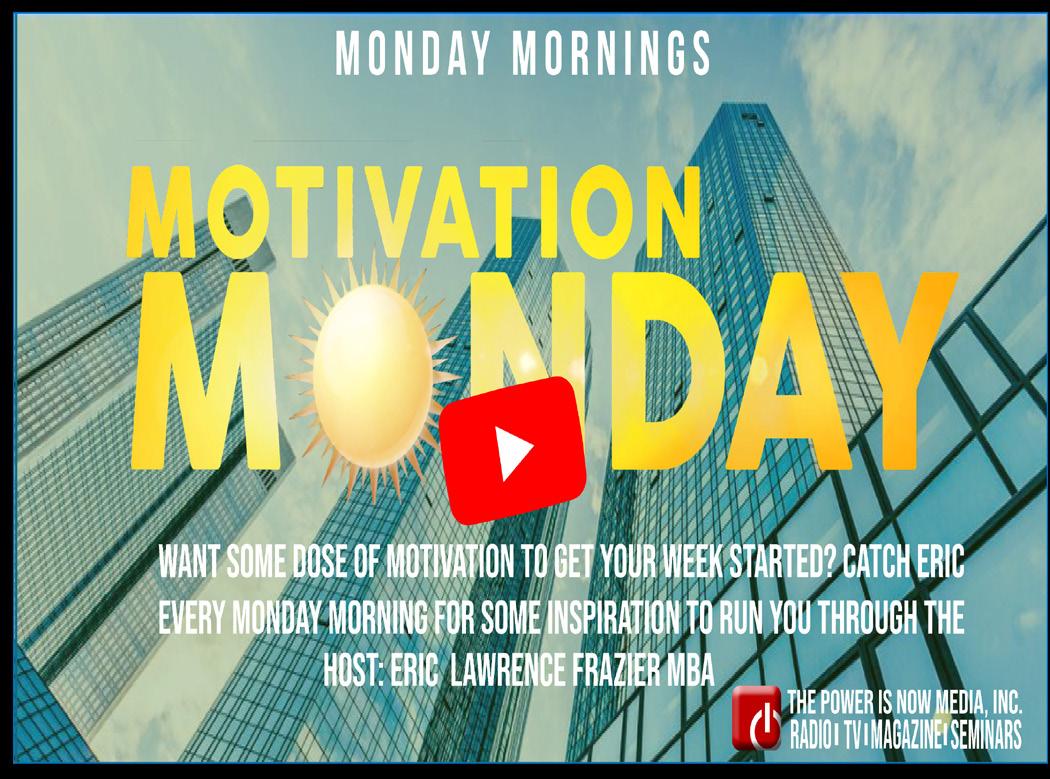


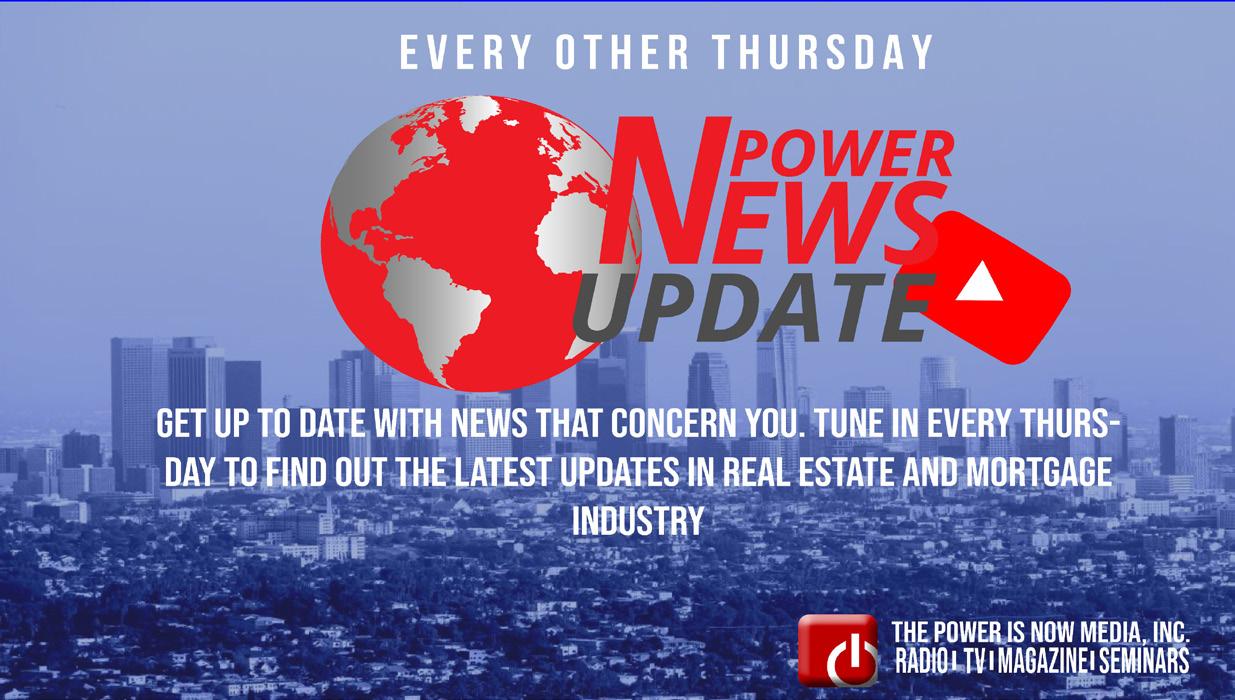
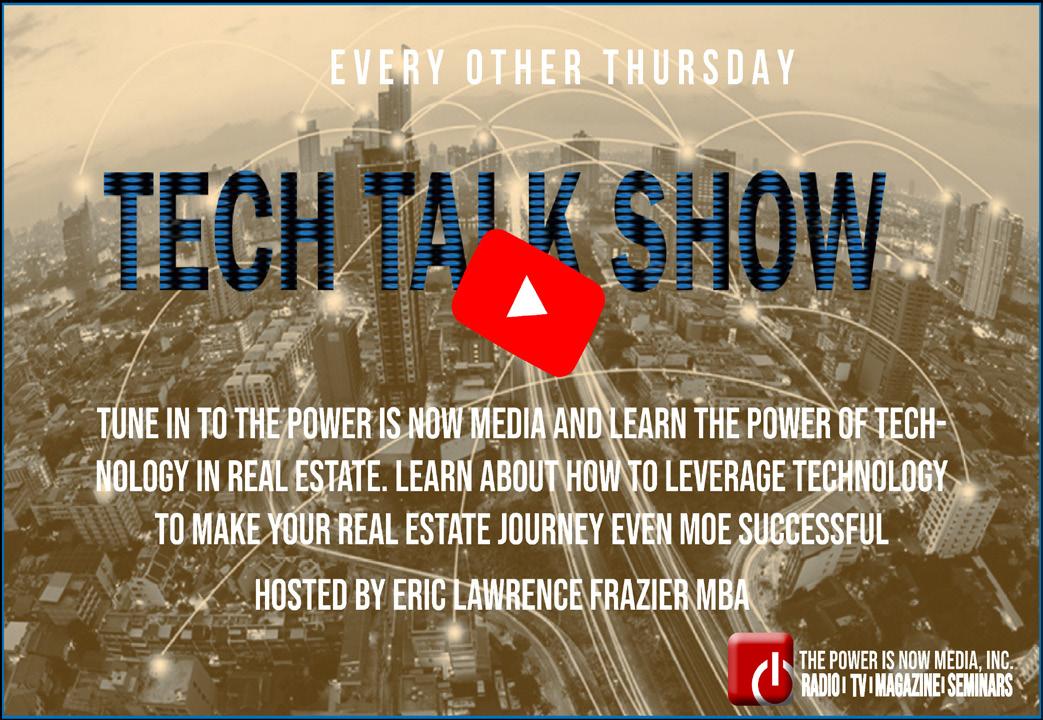

Hello Christmas... But wait “Kwanzaa!”
It’s almost that time of the year again when everywhere will be decorated with lovely lights. December is almost here, the month of celebration. Several enjoyable occasions come in December, including the Christmas party and Kwanzaa.
In most countries worldwide, they will only be looking forward to December 25 — Christmas day to have fun. Once the Christmas celebration is over, then, they return to their daily activities and begin to look forward to the January 1st new year celebration. This is the same in the United States, but for some minor African-American communities, there’s more to that. Besides the Christmas celebration on 25th, there’s another celebration that commences from December 26th to January 1st — Kwanzaa. Kwanzaa is celebrated by sharing gifts to loved ones and neighbors coupled with a fist of faith, called Karamu Ya Imani. It was first celebrated in 1966 following its creation by Maulana Karen ga. Therefore, in many African-American communities, they make special preparation for Kwanzaa as they also prepare for Christmas. The significance of this celebration is to promote African heritage and to embrace unity and culture.
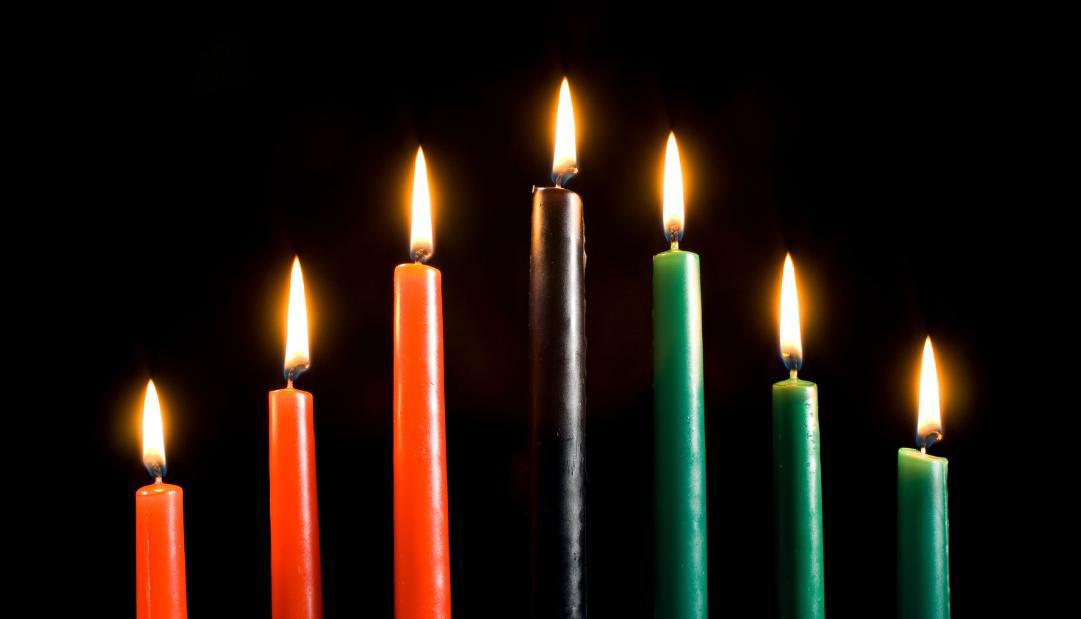
Considering the spirituality attached to the Kwanzaa celebration, many Christians often distance themselves away from the celebration even in the black community where it is meant to be celebrated. It is a common practice that those who celebrate Kwanzaa don’t celebrate Christmas, and those who celebrate Christmas don’t celebrate Kwanzaa. However, some people celebrate the two. It is seen as an alternative to Christmas, but for those who celebrate both they believe that the two are just ordinary celebrations of love and none should be discriminated against.
Those who celebrate Christmas and Kwanzaa believe that Kwanzaa is a cultural holiday and not religious. Therefore, they believe that it doesn’t snatch away your faith regardless of religion. Besides the black American communities, some other minor communities also adopt the celebration of Kwanzaa.
The Kwanzaa celebration is centered around seven essential principles. These principles include unity (Umoja), collective work and responsibility (ujima), self-determination (kujichagulia), cooperative economics (ujamaa), creativity (kuumba), purpose (nia), and faith (Imani).
The celebratory symbol of Kwanzaa is a mat (Mkeka). On this mat are placed other symbols, including mazao (crops), kinara (candleholder), kizomba cha Umoja (unity cup), Zawadi (gifts), muhindi (corn), and mishumaa saba (seven candles).
Over the years, there has been a decline in the celebration of Kwanzaa, and this can be traced back to the role of the black separatist movement. Today, only a few people celebrate Kwanzaa in the United States. Many young black Americans today have never heard of it. A sponsored survey by the National Retail Federation revealed that in 2015, only 1.9% of those engaged in the pole celebrated Kwanzaa. This is approximately six million people in the USA.
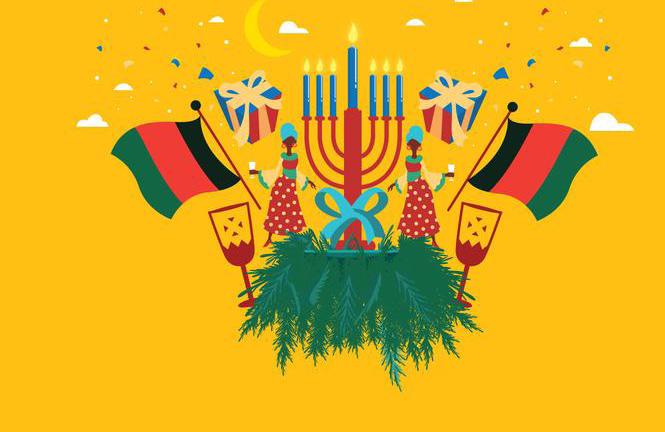
Whether you will celebrate Kwanzaa or not, you should decide now and begin to prepare because December is almost here.
However, if you only want to stick to the Christmas celebration, as usual, you should endeavor to make the best of it. One way to have a memorable Christmas celebration is to hang out with your friends and loved ones. You can also stay at home and have some great moments with your family. You can start decorating your home now in preparation for the once in a year celebration. Get gifts for your loved ones, and have a lovely celebration. Most importantly, free your mind on Christmas day, don’t let your challenges weigh you down, eat as much as you like but in a reasonable quantity.
Whether you’ll be celebrating Christmas or Kwanzaa, or you’ll be celebrating both, what is most important is that you have a blissful holiday.
References
https://www.history.com/.amp/news/5-things-you-may-notknow-about-kwanzaa https://en.m.wikipedia.org/wiki/Kwanzaa
HOME OWNERSHIP by Eric Lawrence Frazier MBA
Home ownership brings stability to individuals and families who have never had a dwelling place that they could call their own. There is something special about owning real estate that is unlike anything else on earth you can own.
Real Estate you own is not like cars that decay over time and you have to replace them. Real Estate you own is not like clothes that go out of style and you have to buy new ones. Real Estate you own is not like expensive vacations or experiences that only last a moment in time. Real Estate you own is not like an apartment where the landlord may increase the rent until it’s no longer affordable. Real Estate you own is not like staying at your parents house where you know can’t stay forever.
Home ownership is the beginning of wealth that increases over time and becomes your estate & legacy Home ownership is the pride of a mother nurturer and the kitchen her domain Home ownership is the pride of a father provider and protector of his territory and family. Home ownership is the foundation of permanence and the place where life happens, birthdays celebrated, deaths mourned.
Home ownership is the place you build memories that can never be taken from you. Memories etched in walls and concrete, experienced in rooms and floors, Memories living in trees and shrubs planted by your hand. Howe ownership is the manifestation of you - your style, your colors, your smell, your stuff, your junk, your memories, your yard and your spaces, your life.
It’s the height markers on your first child’s bedroom wall. It’s the hearts drawn in the concrete slabs when you pour your patio floor It’s the birthday parties, and anniversaries in the living room and kitchen. It’s the back yard barbecue with friends, neighbors and family contentions it’s the high school and college graduation, and wedding receptions Its’ the family nights and block parties and the fellowship of family connections
Home ownership
It’s more than real estate. Land, brick and mortar, wood frame construction and chicken wire. It’s more than money saved, gifts recieved and grants obtained It’s more than the debt you incur to buy it. It’s more than the payments you make to own it. It’s more than the appreciation that comes with keeping it over time. It’s memories, it’s family, and it’s life that can happen in one place
Until you say it’s time to move.
